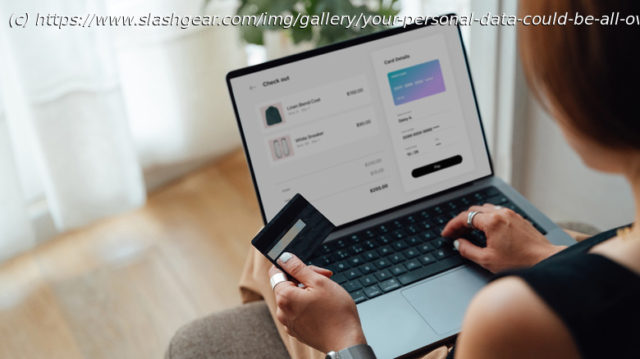Data brokers can track your online activity and put your personal information at risk. Learn how to remove your data, and keep your online identity safe.
These days, keeping your personal information safe feels like a losing battle. After all, even someone you’ve never met can now get access to your home address, phone number, and even employment history with just a few clicks. Sure, identity thieves often get the most attention due to the damage they cause. But in reality, exploiters do not always need to work hard to find your personal data.
Each time you browse the internet, you contribute to your digital profile. This digital profile can include everything from your shopping habits and interests to where you work and live. At a glance, the data collected might seem harmless, but over time, your digital profile builds up and reaches marketers, advertisers, and sometimes even hackers. This results in a wide trail of information that feels hard (if not impossible) to erase. Plus, it makes you more vulnerable to not just scams or frauds, but also unwanted intrusions into your life.
The good news is that you don’t have to stay exposed, as you can easily regain control over your personal information. All you need is persistence, the right tools, and a good strategy, like keeping track of your Google privacy settings.Reasons your personal data is online
One of the most obvious ways your personal data might end up online is through data brokers, like Whitepages, Spokeo, and PeopleFinder. These companies specialize in collecting personal information — think of current jobs, home addresses, and financial histories — all in an effort to sell to marketers and advertisers. They usually achieve this by actively scraping data from your public records, social media platforms, online directories, and other accessible databases.
If you want to connect with friends and family or build a professional brand, you’ll probably leverage social media platforms. However, it’s worth noting that every post, comment, or profile update you make on platforms like Facebook, Instagram, or LinkedIn becomes part of your digital footprint. And when the time comes to delete your account, unfortunately, copies of your information may remain on data broker sites or in cached archives.
Not all your personal information ends up online because of social media oversharing or data brokers. In some cases, public records might be the culprit, as certain types of personal information can be made public by law.






